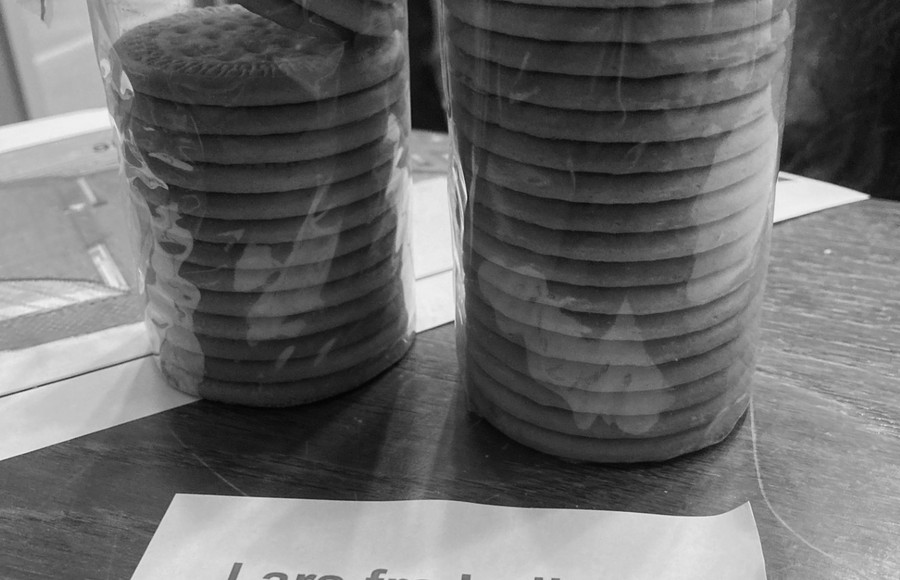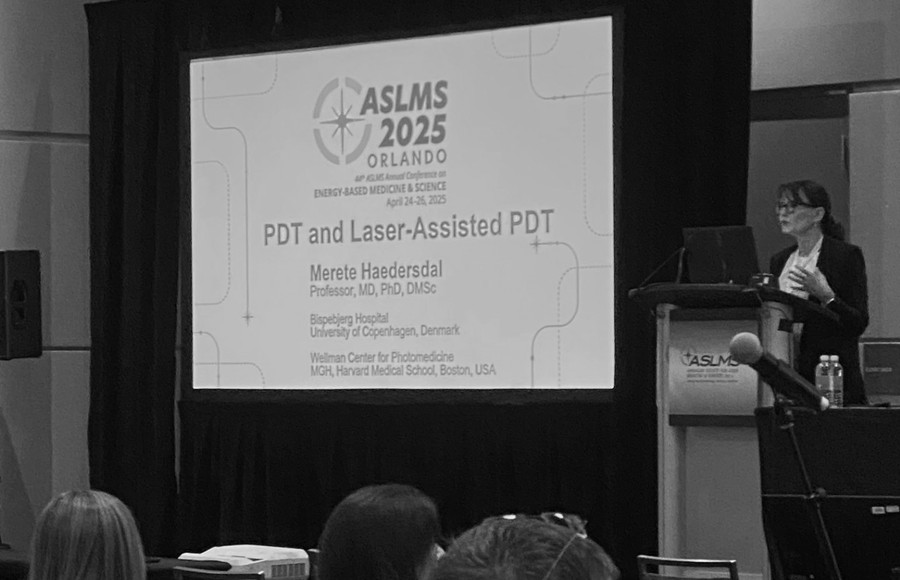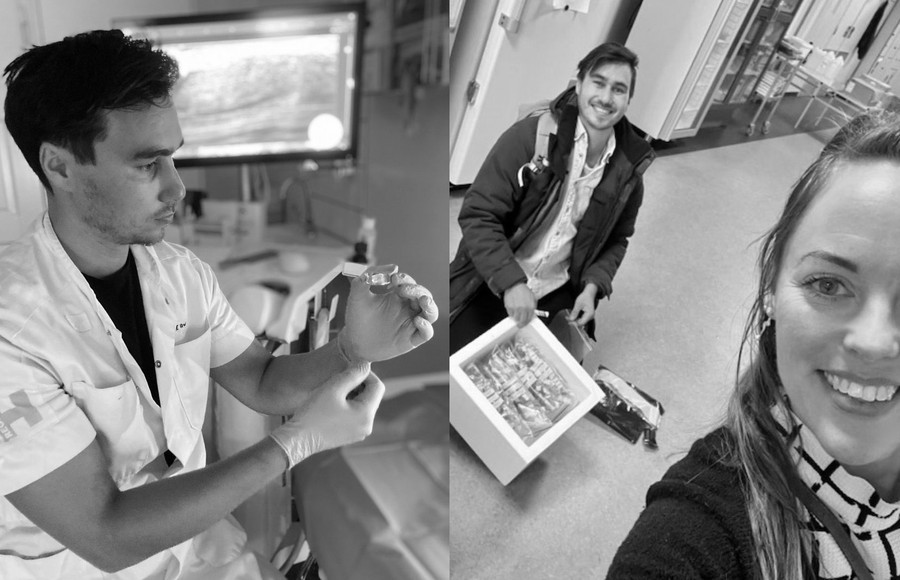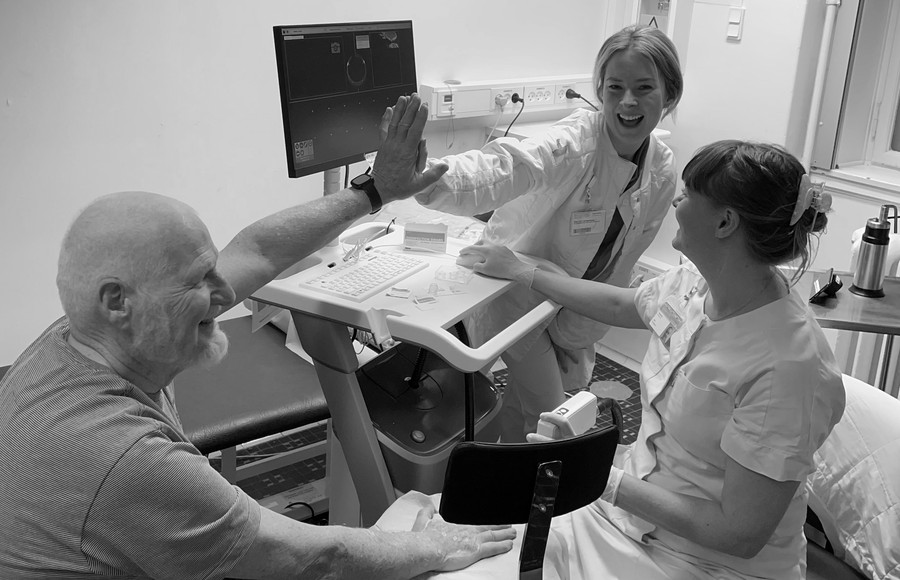New study looking to find the best skin cancer treatment using patient data

PhD student Johan Sieborg will analyze large amounts of data on non-melanoma skin cancer, which is the most widespread type of cancer in Denmark. 'By mapping connections between non-melanoma skin cancer, available treatment methods and geography over time, we will be able to find the best and most cost-effective form of treatment and improve the patient journey for Danish skin cancer patients', says Johan Sieborg.
Johan holds a MSc in physics and is employed at the Department of Dermatology at Bispebjerg Hospital and the Danish Research Center for Skin Cancer. His project supervisors are Professor Alexander Egeberg, Department of Dermatology at Bispebjerg Hospital and University of Copenhagen, Professor Merete Hædersdal, Department of Dermatology at Bispebjerg Hospital and University of Copenhagen and Associate Professor Ulrikke Lei, Department of Allergy, Skin and Venereal Diseases, Herlev and Gentofte Hospital and Copenhagen University.
Using data from the Danish Skin Cancer Database, the PhD project will analyze non-melanoma skin cancer data, available treatment options and regional differences in Denmark. Since non-melanoma skin cancer is the most widespread type of cancer in Denmark and therefore imposes a significant cost for society, the project will highlight the best and most cost-effective and treatment for non-melanoma skin cancer for an improved patient journey through the health system.
Data from the Danish Skin Cancer Database is compared with data from the National Patient Register, the Pharmaceutical Statistics Register and the Cancer Register. This makes it possible to make comprehensive analyses, such as cluster analyses. The project strives to find correlations between cases of non-melanoma skin cancer, drugs, geography in addition to other previously unknown factors with an influence on non-melanoma skin cancer.
The PhD project is expected to be completed in 2026, after which the results will be published.








